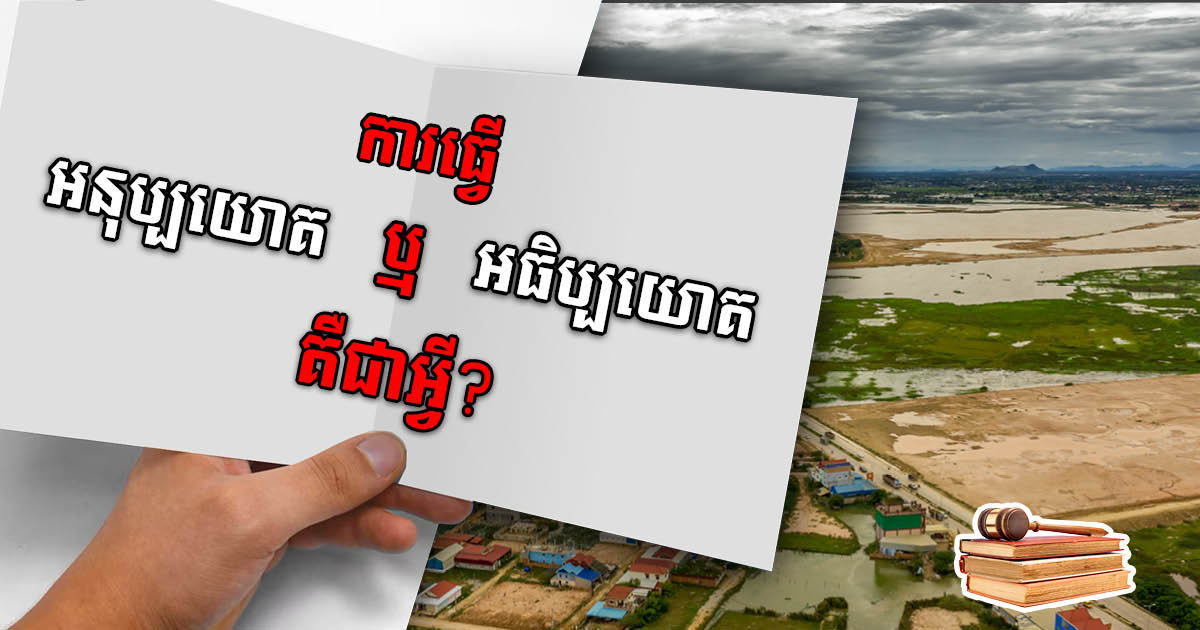Cambodia Officially Withdraws from CLV Development Triangle, Focuses on National Infrastructure Projects
Cambodia has officially announced its withdrawal from the Cambodia-Laos-Vietnam Development Triangle Area (CLV-DTA), marking a shift in its regional development strategy. The decision was formalized through the promulgation of the Law on the Approval of the Agreement on the Promotion and Facilitation of Trade in the CLV-DTA and will take effect upon the completion of […]
Mondulkiri Authorities Launch Extensive Crackdown on Illegal Mining with 56 Sites Targeted
In an intensive crackdown spanning just three days, from 3 to 5 November 2024, the Mondulkiri Provincial Department of Mines and Energy and other local authorities successfully intervened at 56 locations identified for illegal mining operations across Mondulkiri province. This major operation underscores Cambodia’s growing commitment to regulate mining activities and protect its natural resources, […]
Cambodian Gov’t Extends Stamp Duty Exemption on Homes Up to USD 70,000 Until End of 2025
The Ministry of Economy and Finance has announced an extension of the stamp duty exemption for transferring ownership or possession of all types of borey housing valued at USD 70,000 or less, continuing this benefit until the end of 2025. This initiative aims to stimulate the real estate market by offering substantial tax relief to […]
Tycoon Ly Yong Phat’s Hydropower Company Suspended for Environmental Violations in Pursat & Koh Kong
The Ministry of Environment has temporarily suspended all activities of Stung Meteuk Hydropower, a company owned by Tycoon Ly Yong Phat, in Pursat and Koh Kong provinces due to multiple environmental violations and non-compliance with legal requirements. The suspension was confirmed in a letter from the ministry dated 2 September 2024. The decision stems from […]
South Korea’s Mugungwha Trust Targets Investment in Cambodia’s Expanding Trust Sector
Mugungwha Trust Co., Ltd., a leading South Korean trust company, has announced plans to invest in Cambodia’s trust sector, aiming to contribute to the country’s economic growth and sector expansion. The company’s President, Mr. Oh Chang-seok, expressed this commitment during a meeting with Samdech Techo Hun Sen on 10 September 2024 in Seoul, Republic of […]
GDT Sets Property Tax Deadline for 30 September 2024
The General Department of Taxation (GDT) has reminded all property owners to fulfil their property and land tax obligations by 30 September 2024. The announcement, made on 31 July 2024, , emphasises the critical importance of meeting this deadline to ensure a smooth tax collection process. To facilitate efficient tax payments, the GDT encourages property […]



 ខ្មែរ
ខ្មែរ







